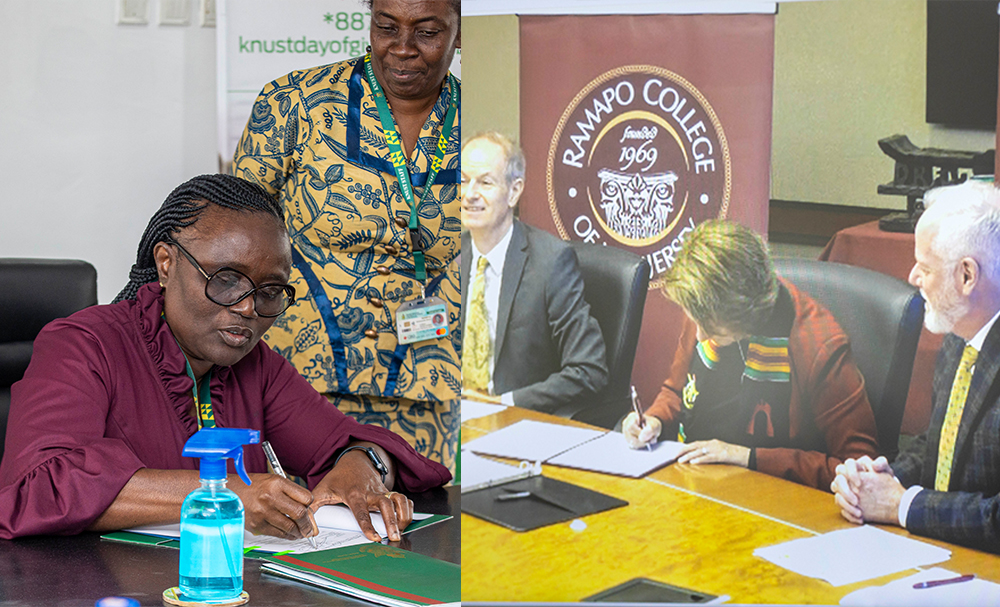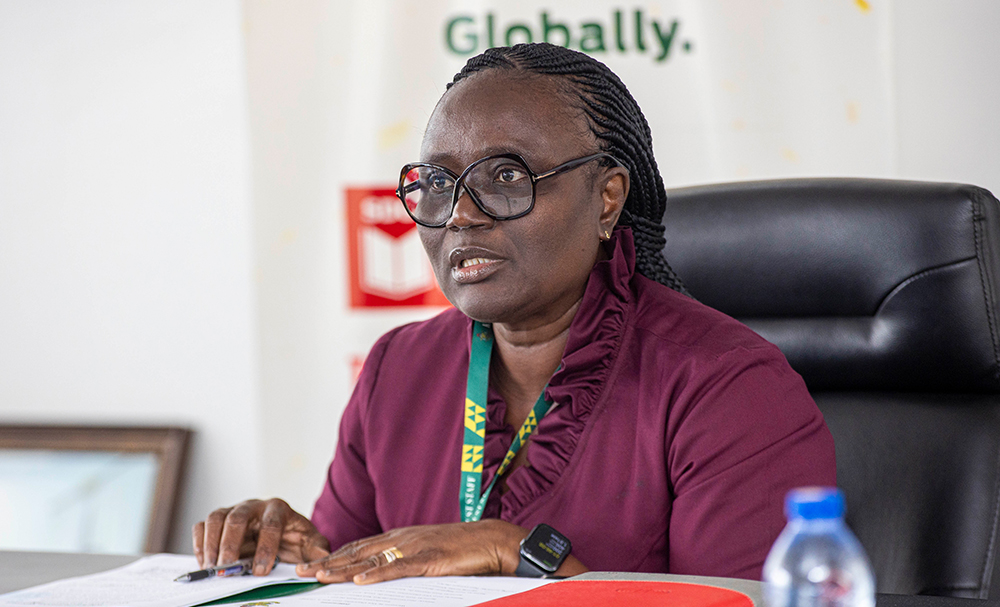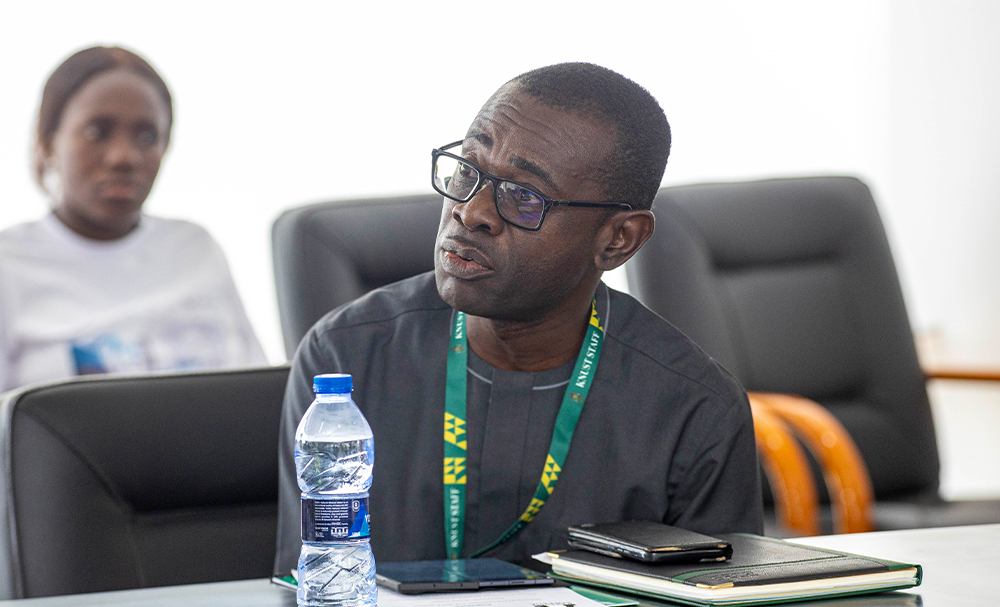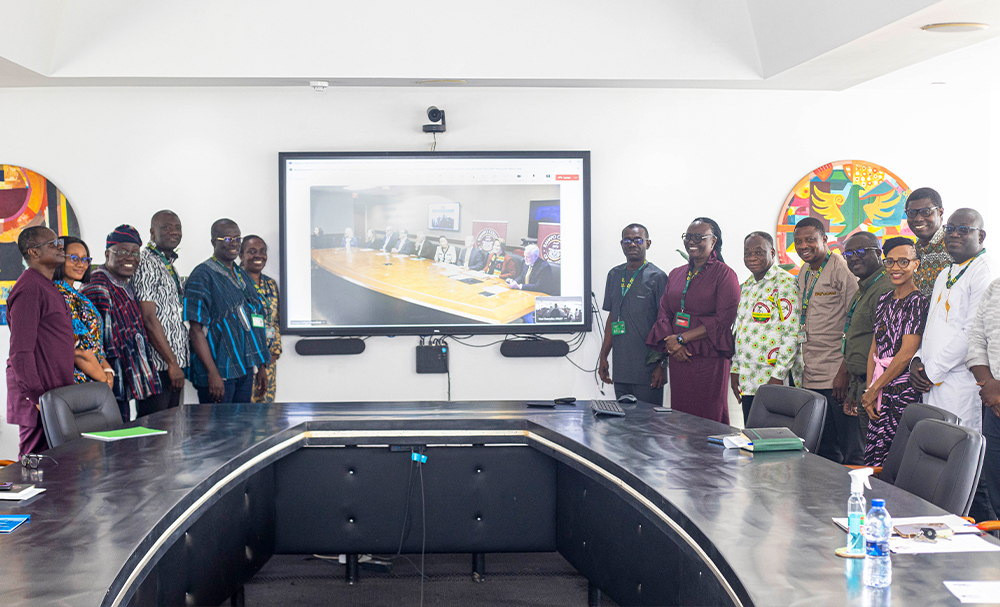The Kwame Nkrumah University of Science and Technology (KNUST), Kumasi and Ramapo College of New Jersey have renewed their 24-year partnership with a fresh memorandum of understanding (MoU) to strengthen cooperation in education, research and student mobility.
The partnership began in 2001 with the Department of Theoretical and Applied Biology and expanded into an institution-wide agreement in 2010.
Since then, 140 Ramapo students have studied at KNUST, while 54 faculty members have visited Ghana to share expertise in fields including environmental science, nursing, film, sociology, healthcare and governance. More than 50 KNUST faculty have also travelled to Ramapo.

Ramapo College President Dr. Cindy Jebb described the partnership as a bridge of friendship and collaboration across continents.
“This is more than a memorandum. It is a promise of collaboration and a reflection of what is possible when institutions work together in the spirit of global engagement,” she said.
Jebb said the renewed agreement would expand student mobility to allow more students to study and experience life in each other’s communities.
“The collaboration will also strengthen faculty development and create platforms for scholars from both universities to address pressing challenges through innovation, civil discourse, and the free exchange of ideas,” she added.

KNUST Vice-Chancellor Prof. Mrs. Rita Akosua Dickson called the partnership one built on “trust, friendship, and shared vision.”
She said reviving student leadership exchanges was critical to preparing young people as transformational leaders in a globalised world.

KNUST Registrar Mr. Benjamin Boampong Owusu said the agreement underscored the university’s commitment to cross-border collaboration.
“This MoU strengthens our mutually beneficial partnership; it shouldn’t just be a document, it should be something that provides opportunities and benefits,” he said.
Ramapo Provost Prof. Michael Middleton highlighted ongoing collaboration in science, biology, data science, nursing, social work and the arts, including joint teaching, research and curriculum development.
“International cooperation is no longer optional but essential to address challenges such as climate change, artificial intelligence, and public health crises,” he said. “Education is the premise of progress in every society and every family, and that captures the spirit of this partnership perfectly.”

















